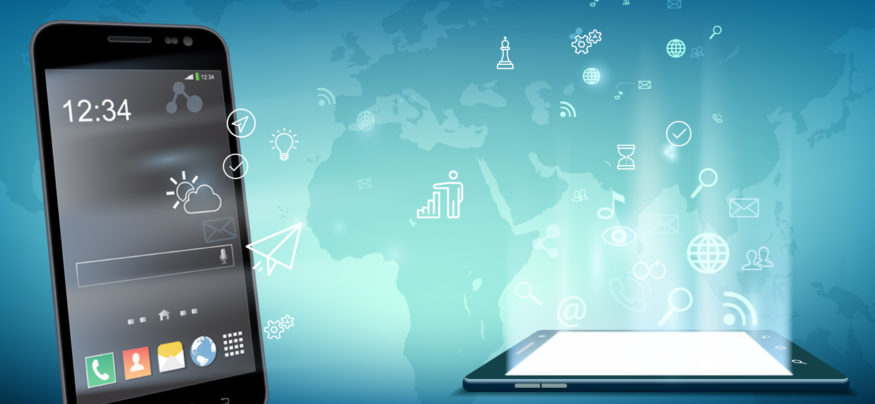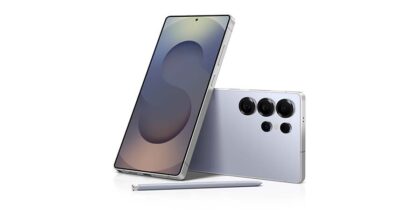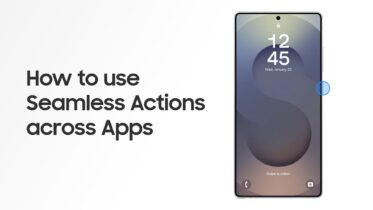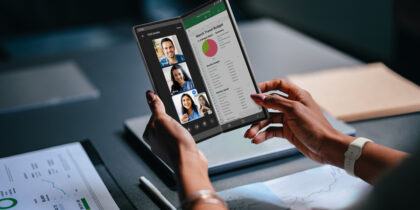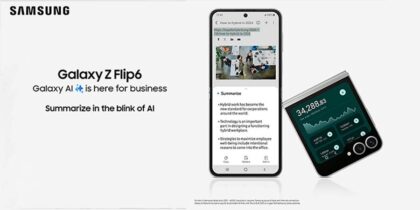Smartphones are more powerful than ever, with an arsenal of apps enabling you to become more efficient, no matter where you want to work.
While smartphones were initially considered devices to be used for messaging, playing games and calling friends and family outside of the office, they quickly proved to be vital business tools that can dramatically boost employee productivity. According to a survey conducted by Samsung in collaboration with Frost & Sullivan, using smartphones to get work done helped respondents gain nearly an hour (58 minutes) of work time and personal time each day on average, with an estimated 34 percent increase in employee productivity.
How Will Voice Assistants and Artificial Intelligence Assist Productivity?
Smartphones today are already well integrated into the workflow of most organizations. Companies have finally embraced the idea that smartphones are not so much a distraction as a tool with which employees conduct work — even when they’re not at the office.
However, the way in which companies utilize what are essentially powerful pocket computers needs to mature in order to get the most out of these devices. For the most part, companies deploy apps that mirror those available on desktops to allow employees to keep working while away from the office. This is certainly a start, but in the next decade, companies will need to look to leverage advances in software and services.
Mobile Security Is Crucial
Find out why Samsung devices are some of the most secure available in this white paper. Download Now
The biggest advances in this area will come from voice-driven user interfaces and artificial intelligence. We’re already seeing employees use voice UI, or chatbots, to schedule meetings and respond to messages simply by issuing commends or queries to their smartphones. In the future, when combined with advances in AI, these services will become more like mobile companions than simple work tools. “Adopting these smart digital agents for productivity and enterprise use would be a wise move for IT managers,” Ben Bajarin, principal analyst for Creative Strategies, Inc., said in BizTech Magazine. According to Bajarin, new developments in AI will continue to push the boundaries of how we work, as companies increasingly embrace trends like machine learning and big data analytics.
Mobile Devices Offer Enhanced Security
As more of our work is done on smartphones, it’s vital to ensure that our devices are secure and that work and personal content are kept separate, especially in industries like finance, healthcare and government, where securing communications and information is critically important.
Mobile security platforms offer solutions that let employees keep their work communications and content secure, while at the same time keeping it separate from personal information, so they can still Skype their children before going to bed at night if they’re away from home.
To get the most out of your smartphone, it’s crucial to choose a device that matches your needs, meets your company’s security guidelines and allows you to access the apps you need.
Data separation solutions increase employee productivity and security, but it’s important to know when separating data makes sense and when it doesn’t. Learn more about data containerization.
